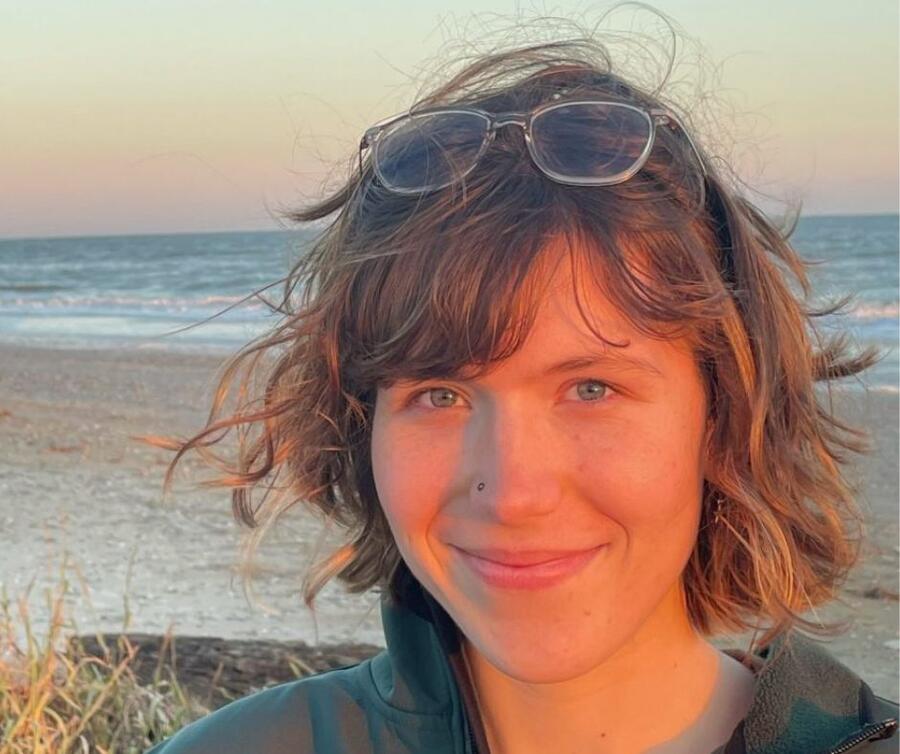I initially thought that I wanted to go to vet school, and so I thought that Animal Sciences and doing a pre-vet track would make the most sense. I soon realized that vet school is really expensive and maybe it wasn’t in my best interest to attend vet school since my passions were starting to change, but that’s how I selected my major. Then I did a minor in Integrative Biology, which I thought was really well-suited for animal sciences. Animal sciences is much more farm and agricultural, like production animal focused, whereas integrative biology allows you to take classes that are focused on “not-production” animals, so like a lot of wildlife, plants, and other sorts of organisms.
I think my most meaningful experience was doing undergraduate research. I was involved in 4 different labs during my undergraduate career, each offering a new perspective. I got the opportunity to meet and learn about a lot of faculty members, and also meet some of my best friends; it was just a really good way to network with other people.
I also served as president for the Wildlife Society for a couple of years, a really great organization for students who are interested in wildlife, especially those who want to pursue careers in it. We had a lot of research opportunities, we had a research survey where undergraduates could volunteer to collect birds that had flown into campus buildings, and then do analyses on them and their strike patterns. We not only got to collect the data ourselves, but also analyze it and present it at the undergraduate research symposium. Through that and other activities I got to meet a lot of different students and I had the opportunity to even mentor some undergraduates.
The professor who I work with here at Texas A&M was actually a collaborator in one of the labs that I did undergraduate research in. It was a way for me to network and get my foot into the door since that professor had worked with my professor at Illinois and the fact that I worked with her reflected well on me, too.
What I like the most about my current grad program is that I’m always learning something new. I’m in an interdisciplinary program in genetics and genomics, and every week we have a seminar, and it’s always someone studying something completely different. Genetics is a really broad topic and I think it’s been a great way for me to meet people that don’t necessarily study what I study but are still passionate about this core topic. That’s one of the things that I like the most, because it brings all these people from different walks of life together.
My research focus is on the evolution of mammals and comparative genomics, so basically, how mammals are related to each other. I would say I’m most looking forward to developing more expertise in the field. I also look forward to having opportunities to mentor undergraduates, and to really flesh out my research proposal and thesis. In the future, I really want to work as a museum curator, and I’m hoping when I work at a museum that I’ll also be able to mentor students and do a lot of science outreach.
I think a lot of the time when you’re involved in a lot of stuff people are like, ‘Wow, you’re so lucky that you were able to fall into that,’ but that’s not necessarily true. I think the biggest thing is that you have to be willing to put yourself out there. You have to be willing to be told no sometimes because it’s basically a 50/50 chance every time you ask someone if you can get involved in something, they can either say yes, or they can say no. And if they say no, you can just move on to the next opportunity, and you might find another opportunity that will say yes. I guess the biggest thing is that you can’t be scared of being told no. I like taking risks because they usually pay off really well.
